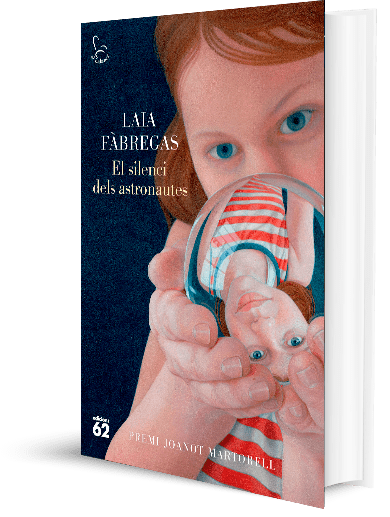
The method of the rational writer
In the last post I talked about the intuitive writer. Today I will approach the rational writer who, as I said, is the most described in all writing manuals that can be found in bookstores.
The rational writer always thinks before writing the story, he plans it and works the idea out, before starting to write it scene by scene. This action of thinking and planning can be done in many ways.
It is said that Franz Kafka created his novels in his head and didn’t write a single note until he had thought the whole story. Once he had unravelled it in his head, he started writing.
Most rational writers, though, do write something before writing the novel. I mean they prepare schemes, synopses, character cards, storyboards, whatever, in order to fix the skeleton of the story. The rational writer, as well as the intuitive, can also start working from a vague idea, a spark of intuition that makes him think that there is a story behind that first spark. But rather than start writing aimlessly as the intuitive writer, what he does is think about how he can develop that first spark, how can that be transformed into scenes, characters, chapters that will become the final story.
There are rational writers who start developing the idea by writing a synopsis, after that, they describe the characters, and then they transform that first synopsis in a series of more detailed summaries of each chapter or even each scene. And when they have all the structure ready, they start writing each scene, each chapter, according to what they have previously decided.
There are rational writers who start deciding how many chapters their novel will have and how many pages each chapter will have, then they distribute all the events that should happen in the story through the chapters. After that, they work on each chapter thoroughly: they describe the characters and places, they do research to make credible what they want to explain, they collect for each chapter all external information and all the ideas they get, and once they have all the material for each chapter, they start writing.
The common denominator of rational writers is that when they start writing, they know everything that will happen in the story. They can better estimate their workload, they can more easily agree with the editor on the delivery date of the manuscript, and they can speak knowingly about the story long before having it written.
Clearly, if someone has never written a novel, it is easier to give him or her rational guidelines for writing than intuitive ones. You can tell him to think about the story, make an outline or synopsis, and eventually develop it into scenes. This is clearer and less frightening than saying: just start writing and see where the story takes you. But the fact that the rational method is easier to explain, more understandable, is no reason to ignore the intuitive method.
As I said in other posts, in order to be a writer one doesn’t have to be hundred percent intuitive or hundred percent rational. These two models would be the two opposite ends of an infinite line, and each author can be found in a far end or in an intermediate point of this line.
It is also possible that an author works all his life from the same point of this line, or that, depending on the novel he writes, he goes to a different, more rational or more intuitive place. And it could even be so that an author starts a novel in a totally intuitive way and he halfway decides to give everything an order and a structure and finish the work rationally.
The most important thing is always (and forgive me if I repeat myself) that everyone has to find an own way, knowing all the highways, roads and trails at their disposal.
HOW TO READ THIS BLOG
As I wrote on the post Why, this blog deals with two very different topics: writing and miscarriages. If you are interested in both subjects, you can read post after post. If you just want to read about one of them, I recommend you choose the appropriate category to filter only the posts of the topic you want.
Writing: 'Writing'
Pregnancy loss: 'Queralt'
Ciudad de Gandia

Els premis es lliuraran el 18 de novembre i les obres premiades seran publicades per Edicions 64
Joanot Martorell 2023
